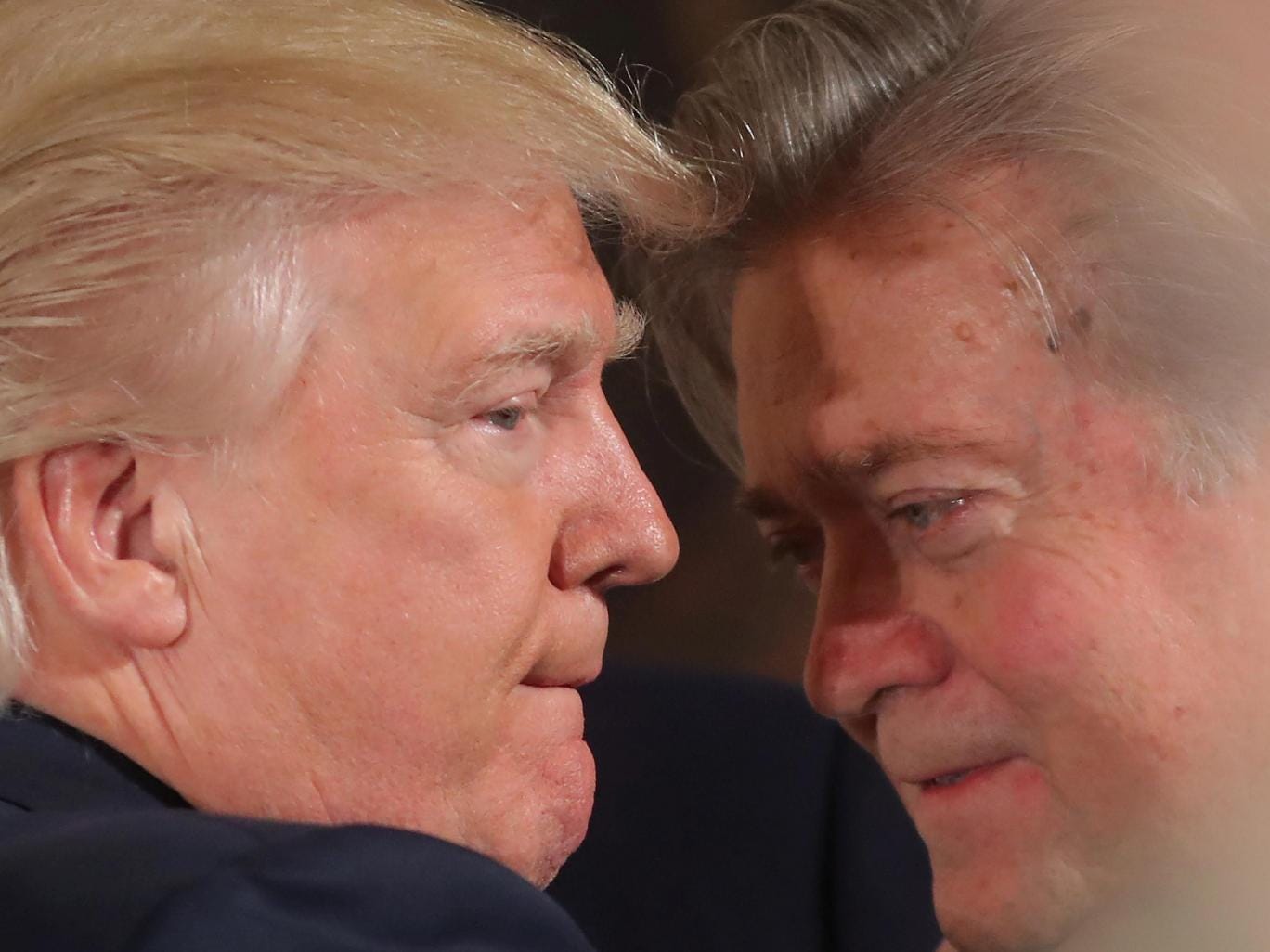Golez: I fully agree with this analysis and scenario should war erupt between the US and China. War between the US and China is unthinkable, but can happen with China obviously taking steps to challenge the US.
What is ironic is that the US through the efforts of Nixon helped China become a member, as PROC, of the UN sacrificing Taiwan through the One China Policy and the entire world, save for a few tiny nations, followed suit. It is likewise ironic that China's economic rise was triggered by its membership in the WTO, critically helped by the US during the Clinton presidency in the belief that a developed and modernized China would become a benign power like Germany, Japan and South Korea. Now we witness China modernizing not only its economy but also its military to threaten its neighbors, and now aiming to elbow out by force the US from the South China Sea and eventually the Western Pacific.
To me, the most explosive tinder box is the East China Sea, the Senkakus area and even the Taiwan issue, where the class of super powers could explode.
I quote from this Independent UK article:
"Dr Peter Roberts, director of military sciences at the Royal United Services Institute, said: "America would take military losses. They would lose thousands and thousands [of personnel]. But China would be utterly defeated. If America goes to war, it wages war in its totality. They would go to this with unparalleled violence and energy."
"The US has an "overall competitive edge" partly due to technological superiority, Dr Roberts said, but also because the four branches of its military—Army, Navy, Marine Corps and Air Force—are trained to work closely together. "It's demonstrated how it can use all those arms to deliver military victory," he said.
"In contrast, China's services operate "individually" and also have less, and less recent, combat experience compared to their American counterparts. "There's a huge difference between someone who's been in combat before, and someone who hasn't," Dr Roberts said, comparing the potential confrontation to one between Greek hero Achilles and farmers recruited from the fields.
"Kerry Brown, professor of Chinese studies and director of King's College London's Lau China Institute, said: "US naval superiority is massive. And if we are talking just military, then for sure, a conflict right beside China would hurt China more than the US."
US would go into any war with China with 'unparalleled violence', warn experts
Observers agree all-out conflict equals global disaster, even if nuclear weapons are not used
Click to follow
The Independent US
The Independent US


No comments:
Post a Comment